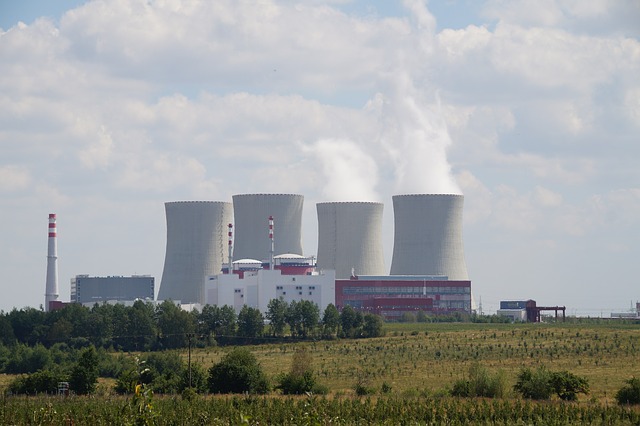Philippines to complete nuclear assessment by year-end
- April 21, 2017
- 1

The government has self-imposed compliance to 19 issues given by the IAEA in venturing for nuclear energy, Energy department undersecretary Jesus Posadas said.
This includes forming a national position; a wide stakeholder participation; laying down the policy of legal framework; consultation of all related industries to nuclear; creating a regulatory framework; compliance with safety requirement; ensuring security; proper waste disposal; radiation protection; emergency planning; environmental protection; financing; considerations; source of fuel; human resources; grid capability; procurement; and management of the plant.
The country is going through a study, through the Nuclear Energy Program Implementing Organization (NEPIO) necessary in finalizing the national position in using nuclear energy as a source of power, Posadas said.
We’re not at ground zero (in terms of nuclear development). And part of the steps we are taking, we are preparing a self-assessment which will be evaluated by IAEA by December this year,” he added.
NEPIO is set to work in three phases; a comprehensive study on the overview of the country’s energy needs that will lead to forming a policy decision on nuclear energy; a preparatory work for the construction of a nuclear power plant; and activities to implement the said power facility.
“We took a big leap with BNPP (Bataan Nuclear Power Plant)… but when government decided not to operate it, we took a very big step back. But we do have experiences there that we can evaluate…examine where we are and determine what we need to do,” National Power Corp (Napocor) senior department manager of the resource management, Manuel Luis Plofino said.
The assessment will be evaluated by the IAEA and will be subjected to a public consultation to gain public understanding and acceptance, Posadas said.
A thorough analysis of the locals is needed before any step will be taken in deciding to establish a nuclear facility, Harro Wittermans of the European Union Chemical Biological Radiological and Nuclear Risk Mitigation Centre if Excellence Initiative (EU BRN COE) said.
“Today, the situation is not amenable for the facility…It’s very good to have this discussion, I’m sure government has proper training and researching options to make sure that any decision is founded,” he said.